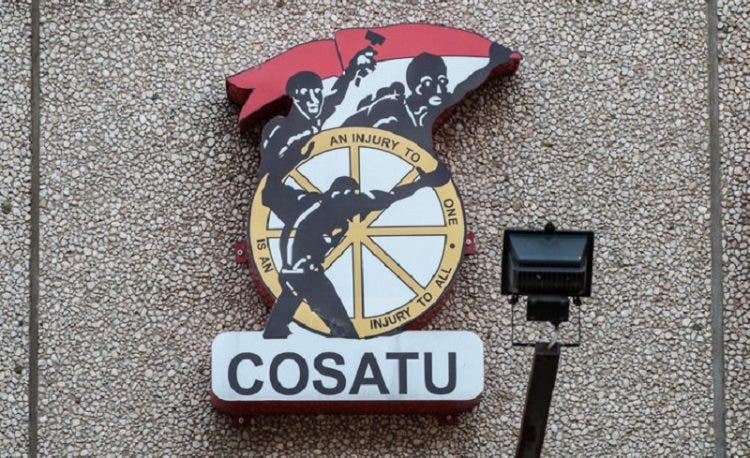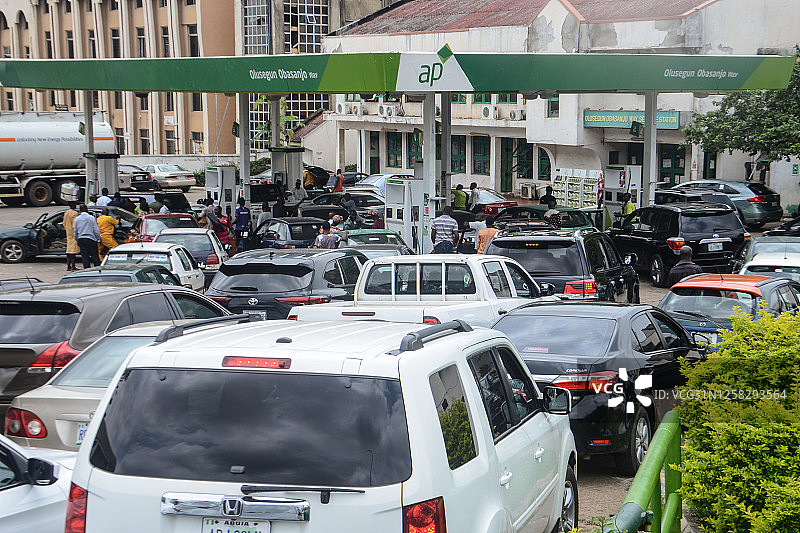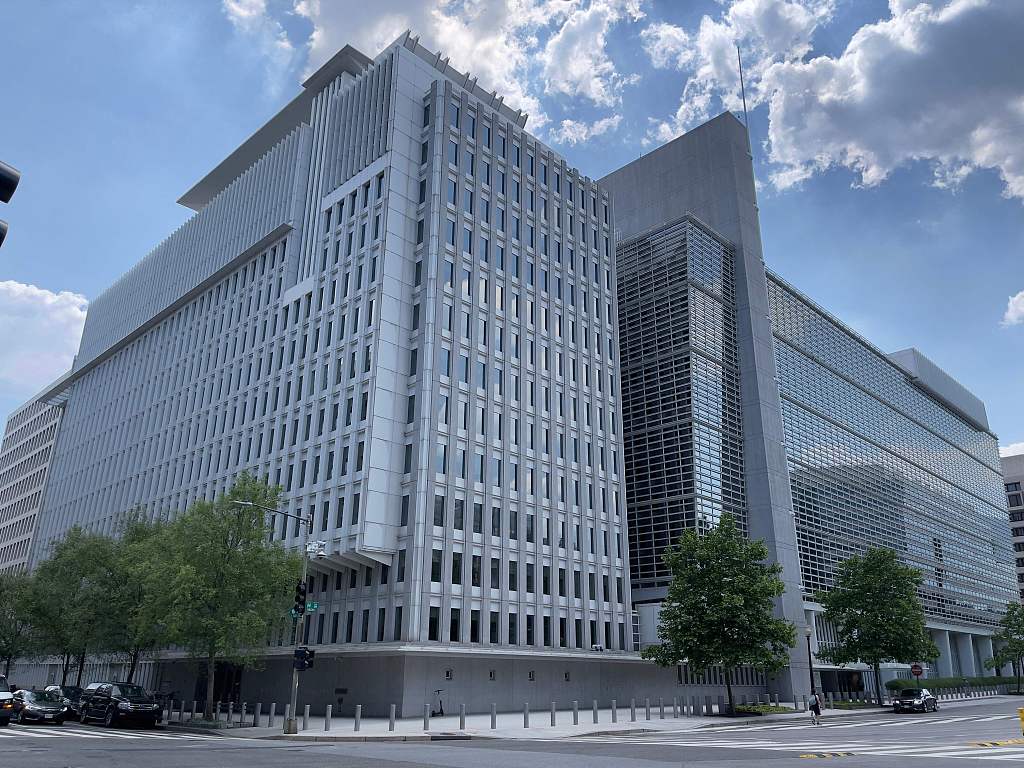
South African unions go on strike in protest against graft, job losses
South African unions representing workers across a range of industries embarked on a one-day national strike on Wednesday, dealing a further blow to an economy battered by the coronavirus.
The protest was called by the Congress of South African Trade Unions, the country’s largest labor group, to highlight a litany of grievances, including corruption, the failing economy, gender-based violence, and government’s non-implementation of this year’s wage hikes for public servants.
“We are convening this action under the COVID-19 lockdown alert level one regulations. This means that we have a responsibility not to undermine the fight against this deadly coronavirus that has killed so many of our compatriots,” the trade federation said in a statement on Monday.
The group said that it will also convene socially distanced pickets and motorcades across all the nine provinces, and in many identified towns and cities.
“This decentralization of our activities will ensure that workers are involved and are all able to participate in all over the country but also that our activities do not spread this deadly virus,” it said.
Business Unity South Africa,(BUSA) a non-profit organization representing business and corporate interests in the country says the national strike is counterproductive.
“We are trying to rebuild the economy, not from COVID-19 but from the recession we were in pre-COVID. So, we think it is incorrect to have a protest and a full-day strike,” said BUSA CEO, Cas Coovadia
BUSA did, however, identify with the issues raised by labor around corruption, among other issues.
Africa’s most industrialized economy shed 2.2 million jobs in the second quarter after a five-week lockdown shuttered most businesses with the central bank expecting it to contract 8.2% this year.
Outrage among workers who retained their jobs and face pressure to support those affected by the meltdown has been stoked by allegations that state contracts to provide protective equipment to tackle the coronavirus were tainted by graft.
Unions representing civil servants are also up in arms over the government’s plans to renege on an undertaking made in 2018 to grant its more than 1.2 million workers pay increases that would lump the country with 37.8 billion rand ($2.3 billion) of additional debt.
About a third of South Africa’s annual 1.95 trillion-rand national budget is dedicated to salaries and freezing civil servants’ pay is critical to Finance Minister Tito Mboweni’s plans to cut government spending by 230 billion rand over the next two years.
Story compiled with assistance from Bloomberg Africa and wire reports






